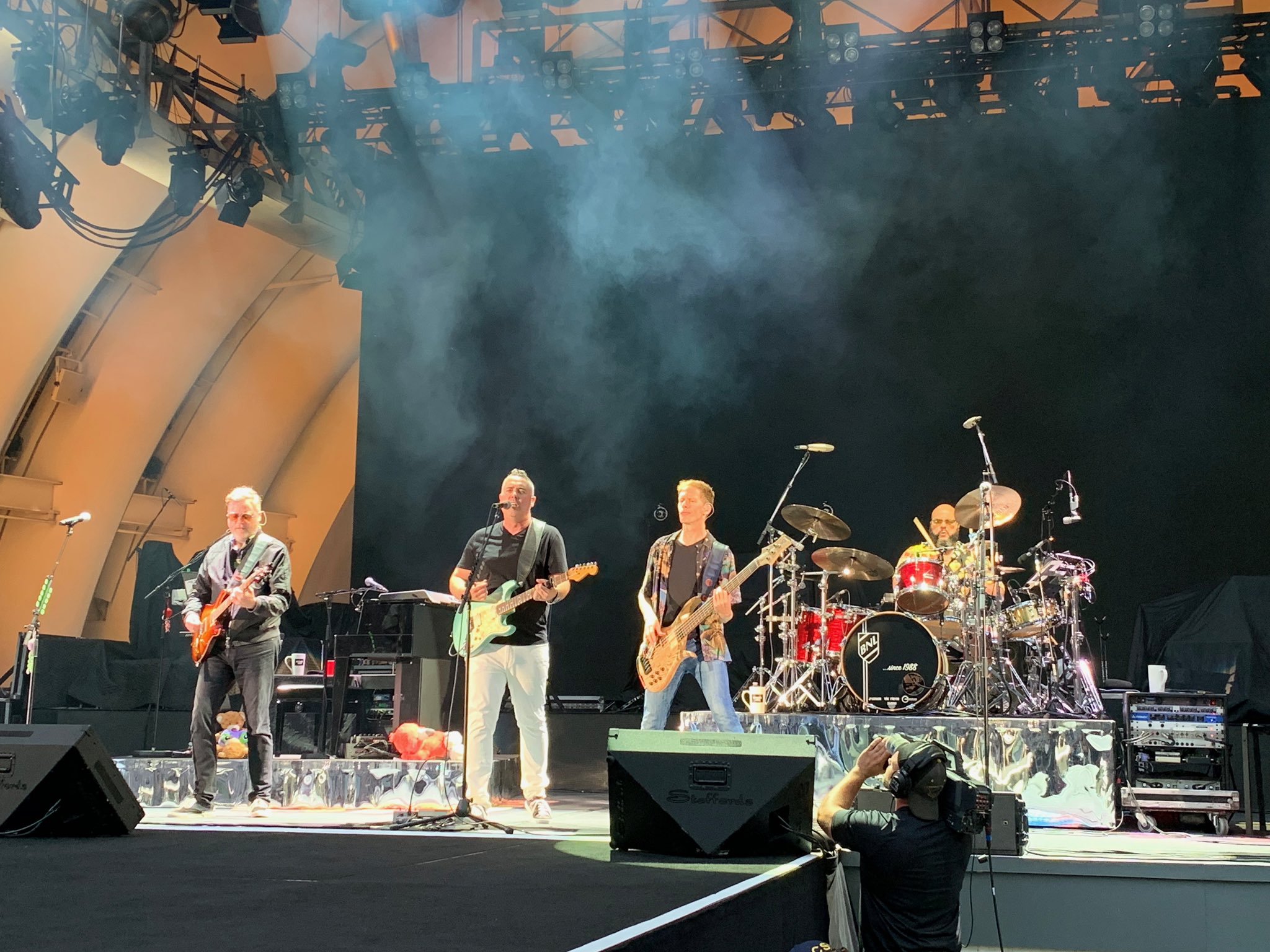
TORONTO — A Toronto gallery was deliberately elusive in proving the authenticity of a painting purportedly by the renowned Indigenous artist Norval Morrisseau, Ontario’s top court said Tuesday as it awarded tens of thousands of dollars in damages to the Canadian musician who bought the piece.
The Ontario court of appeal sided with Kevin Hearn, a member of the rock band the Barenaked Ladies, in his legal battle against the Maslak-McLeod Gallery and the estate of its late owner, Joseph McLeod, over a painting titled “Spirit Energy of Mother Earth.”
Hearn’s claim alleging he had been sold a fake was dismissed by a lower court last year after a judge found he could not say conclusively whether the painting was a genuine Morrisseau. As a matter of law, the trial judge said, a tie must go to the defendant.
In a unanimous ruling released Tuesday, the appeal court said the trial judge erred in relying on his own research, which was not entered as evidence and thus could not be challenged, in rejecting the testimony of an expert who deemed the piece a fake.
What’s more, the appeal court said, the trial judge misapprehended the evidence surrounding the agreement between Hearn and the gallery, particularly in relation to the issuance of a valid provenance statement, a document that lays out the ownership history of an item to support its authenticity.
“The evidence overwhelmingly supports the appellant’s claim that he bargained for and was promised an authentic Morrisseau painting to be accompanied by a valid provenance statement attesting to the painting’s authenticity,” the appeal court said.
“However, the trial judge effectively severed the contractual term that the painting be an authentic Morrisseau from the contractual term that the painting be accompanied by a valid provenance statement.”
Hearn wanted a provenance statement, which lays out the ownership history of an item, because Morrisseau’s work “had inspired a clandestine industry along with a substantial market in fake Morrisseau paintings,” the ruling said.
The gallery could not provide documentation to support the information in the statement, or in a second statement it gave Hearn after he grew suspicious of the painting’s origins, the court said.
“Mr. McLeod’s assertion that the painting was genuine was only matched by his elusiveness in demonstrating that fact, which can only be explained as deliberate,” the appeal court said.
“With respect to the provenance statement, Mr. McLeod made a false representation, either knowing that it was false and without an honest belief in its truth, or he made the statement recklessly without caring whether it was true or false, with the intent that Mr. Hearn would rely upon it, which he did, to his personal loss.”
The gallery’s actions amount to civil fraud, and warrant punitive damages of $10,000, the appeal court said. Those damages are on top of the $50,000 plus interest the gallery must pay Hearn for breach of contract and breach of the Sale of Goods Act, it said.
If Hearn receives the money, he must return the painting, the ruling said.
The musician, a longtime fan of Morrisseau’s work, purchased the painting in 2005. He was first alerted that it might be a fake by an official at the Art Gallery of Ontario, where it was removed from an exhibit over such concerns, the court document said.
Hearn brought the allegation to McLeod, who refused to investigate it or issue a refund because “that would set off a chain of events that would result in the closing of (the) gallery,” the document said.
At trial, University of Regina art history professor Carmen Robertson testified that while the painting drew on Morrisseau’s “visual vocabulary” it did not fit in with his other works from that time and she believed it to be a fake.
The trial judge rejected her evidence by invoking a different theory of analysis, and his ruling drew on “numerous critical theorists and their works,” none of which had been presented during the proceedings, the appeal court said.
“He drew on resources that were not in evidence but were obtained by him outside of the courtroom through research done by him or at his direction. In doing so, the trial judge stepped out of the impartiality of his position as trial judge and descended into the arena, effectively becoming the art expert posed against Professor Robertson,” it said.
The appeal court also criticized the trial judge for an “ill-advised attempt at humour” that saw him use Barenaked Ladies lyrics in his judgment, calling the comments “inappropriate and unnecessary.”
The trial judge had said, of Hearn’s decision to purchase the painting, “If he had $1,000,000 (or at least tens of thousands), he would buy a Norval Morrisseau,” a reference to the band’s 1990s hit song “If I Had $1,000,000.”